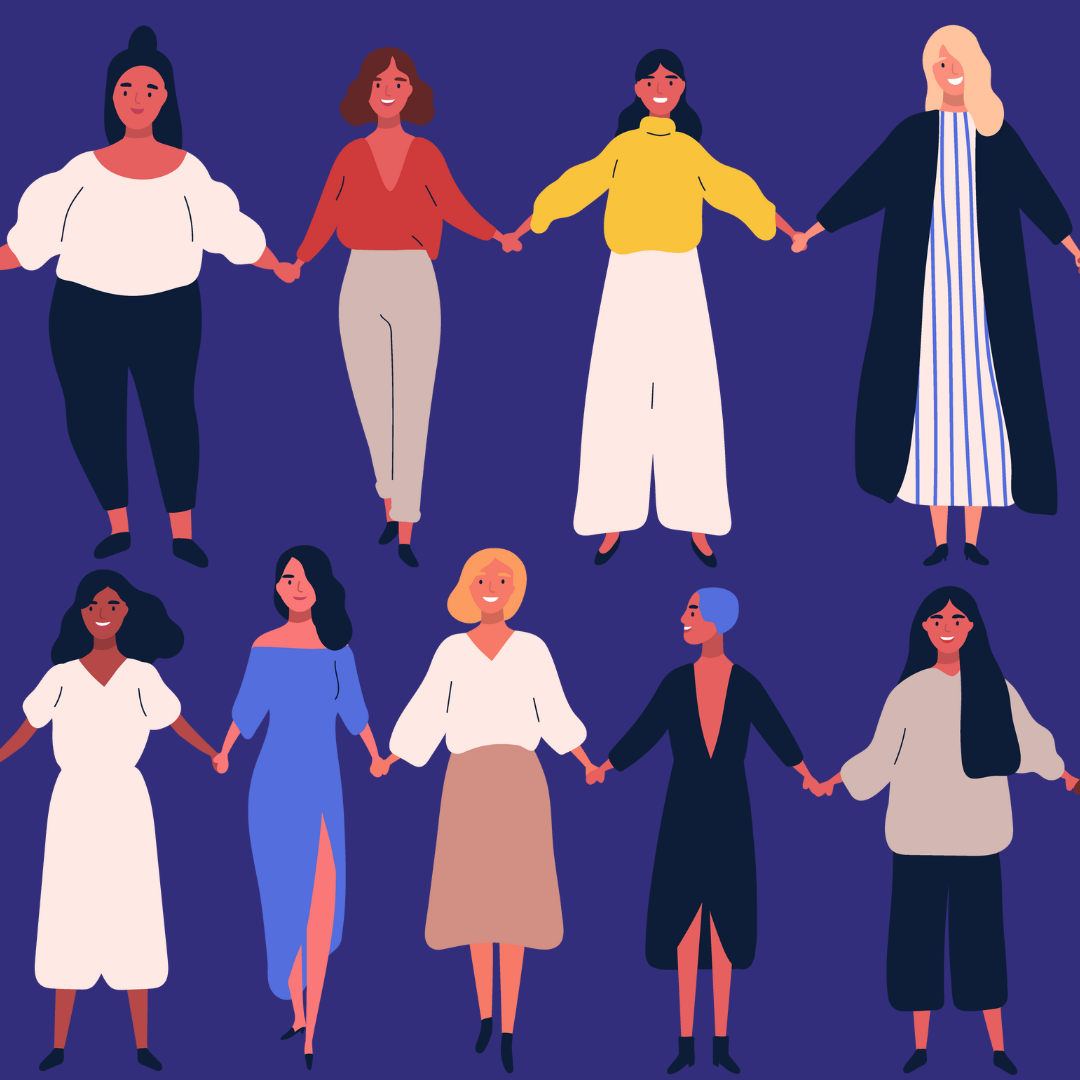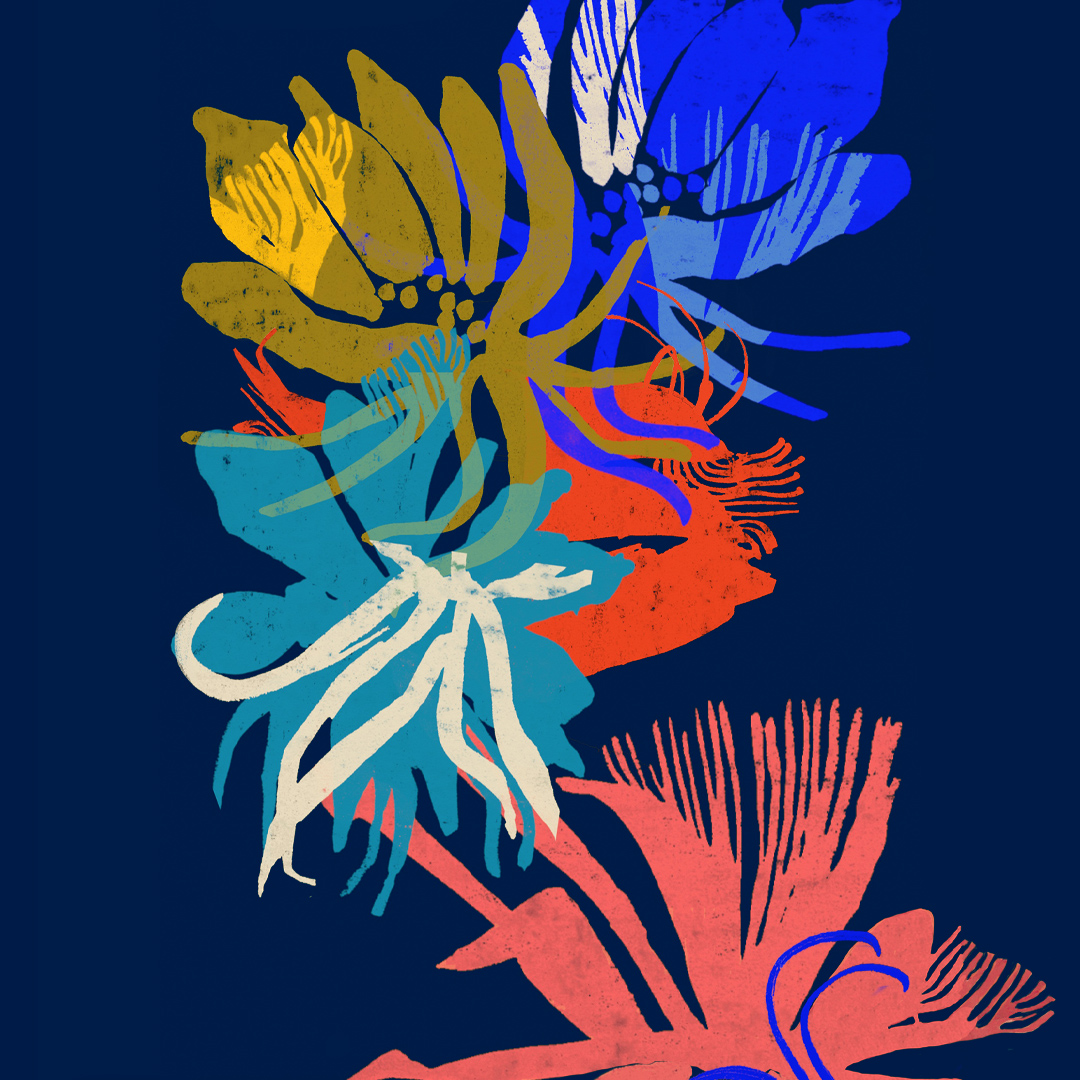Read an Excerpt of Dust Child by Nguyễn Phan Quế Mai
 Dust Child is a suspenseful and moving saga about family secrets, hidden trauma, and the overriding power of forgiveness, set during the war and in present-day Việt Nam. Past and present converge as four characters come together to confront decisions made during a time of war—decisions that force them to look deep within and find common ground across race, generation, culture, and language.
Dust Child is a suspenseful and moving saga about family secrets, hidden trauma, and the overriding power of forgiveness, set during the war and in present-day Việt Nam. Past and present converge as four characters come together to confront decisions made during a time of war—decisions that force them to look deep within and find common ground across race, generation, culture, and language.
Read this excerpt from Dust Child, available March 14:
Chapter 1
Child of the Enemy
Hồ Chí Minh City, 2016
“Life is a boat,” Sister Nhã, the Catholic nun who had raised Phong, once told him. “When you depart from your first anchor—your mother’s womb—you will be pulled away by unexpected currents. If you can fill your boat with enough hope, enough self-belief, enough compassion, and enough curiosity, you will be ready to weather all the storms of life.”
As Phong sat waiting at the American consulate, he felt the weight of hope in his hands—his visa application, and those of his wife Bình, his son Tài, and his daughter Diễm.
Around him, many Vietnamese were waiting in chairs or in lines for their turn to speak with one of the visa officers who sat behind glass counters. Some Vietnamese cast curious glances toward Phong and he felt the heat of their eyes. “Half-breed,” he imagined them whispering. Throughout his life, he had been called the dust of life, bastard, Black American imperialist, child of the enemy. These labels had been flung at him when he was younger with such ferocity that they had burrowed deep within him, refusing to let go. When he was a child living in the Lâm Đồng New Economic Zone with Sister Nhã, he once filled a large bucket with water and soap, climbed inside, and rubbed his skin with a sponge gourd to scrub the black off it. He was bleeding by the time Sister Nhã found him. He wondered why he had to be born an Amerasian.
“Don’t worry, be confident and you’ll do well, anh,” Bình whispered, reaching for him, the calluses on her palm brushing against his arm. Phong nodded, smiled nervously, and took his wife’s hand into his. This hand had cooked for him, washed his clothes, and helped to mend the broken patches of his life. This hand had held him and his children, danced with them, yielded new seasons on their rice field. He loved this hand and its calluses, as he did every part of Bình. He had to fulfill his promise to bring Bình to America. Away from the rubbish dumps where she worked, collecting plastic, paper, and metals.
Sitting next to Bình, Tài and Diễm waved at him. At fourteen and twelve years old, they were nearly as tall as their mother. They’d both inherited Bình’s large eyes and her radiant smile. Their skin color and curly hair had come from him. “Remember that you are beautiful,” he’d told them as they got ready for the five-hour bus ride here. He’d often said that to them, knowing how they were often looked at with disdain by the Vietnamese, who almost always preferred fair skin.
Tài returned to his book, his crooked glasses sliding down the bridge of his nose, the metal frame held together by pieces of tape. Phong reminded himself to talk with his neighbors again and offer a higher price to rent their paddy field. He would grow mung beans for the New Year, the harvest of which would enable him to buy new glasses for Tài and a dress for Diễm. Diễm was wearing Tài’s old clothes; the pants were too short, revealing her ankles.
At a counter in front of Phong, an American visa officer was giving a young woman a green sheet of paper. Phong knew the color well. Green meant rejection. As the woman left the counter, something like panic rose up in Phong.
He tried to recall the interview practice sessions he’d had with his family. He had carved the right answers into his memory the way carpenters carved birds and flowers into wood, but now his mind was blank.
“Number forty-five, counter three,” the loudspeaker called.
“That’s us,” Bình said. As Phong made his way toward the counter together with his wife and children, he told himself to be calm. As long as he had his family, he would not let himself be intimidated. He would fight for the chance to give Bình, Tài, and Diễm a better life.
Phong nodded his greeting at the visa officer, who looked just like the American women in movies he’d seen: blonde hair, white skin, high-bridged nose. The woman didn’t acknowledge him, her eyes on the computer. Phong studied the machine, wondering what mysteries it held. When he got to America, he would work hard and buy a computer for Tài and Diễm. His children had taken him to town, to an Internet café, to show him how computers worked. They said perhaps one day he could send words to his parents via the Internet. But would he ever have that chance? He didn’t even know if his parents were dead or alive.
The visa officer turned to him.
“Gút mó-ninh,” Phong said, hoping he’d pronounced “good morning” correctly. Years ago, he’d learned some basic English but his knowledge of the language had disappeared like droplets of rain evaporating during a drought. “Chào bà,” he added, not wanting the American to think that he was fluent in her language.
“Cho xem hộ chiếu,” she said.
Her Vietnamese was good, but her Northern accent bothered Phong. It reminded him of the Communist officers who had beaten him at the reeducation camps in the mountains almost thirty years ago.
He carefully took their passports from the folder and eased them into the box. He and his wife had given Quang, the visa agent, all their savings to get these passports made and their visa applications completed and submitted. Quang had convinced them that in America, they wouldn’t have to worry about money: a monthly allowance from the government would help them survive.
The woman went through the documents, typing on the computer. She turned away and called someone. A young Vietnamese woman appeared, talking to her in English. Phong cocked his head but the sounds were slippery fish that darted away so quickly, he couldn’t catch a single one.
“What’s going on?” Bình whispered. Phong placed his palm on his wife’s back, knowing it would help calm her. Bình had been so nervous about missing this interview, she’d insisted that they catch the bus from their hometown, Bạc Liêu, the day before and wait outside the consulate at four o’clock this morning.
The Vietnamese woman looked at him. “Uncle Nguyễn Tấn Phong, you’re applying for a visa under the Amerasian Homecoming Act?”
How nice that she’d addressed him with a respectful title and given him hope by stating the name of the program he was applying for. Homecoming! The word was sacred, the sound of it fluttering in his heart. He was entitled to go home, to his fatherland. Heat gathered at the back of his eyes. And how nice the woman referred to “Amerasian” as “trẻ lai.” Phong had never felt comfortable when people called him “con lai,” since con means “children,” “small,” or “animal.” He was no animal.
“Yes, Miss,” he said.
“You’ll be interviewed by another officer. In the room over there.” She pointed toward his right. “The rest of your family should take a seat and wait outside.”
Bình leaned forward. “My husband can’t read. Can I please accompany him?”
“I’ll be there to help,” the woman said as she walked away.
The room was spacious, lit by fluorescent lights. It had no window and Phong felt sorry for anyone who had to work here. His home wasn’t much, but it was rich with fresh air. Air that rushed through open windows all year round, bringing with it the scent of flowers and bird songs.
The person he felt sorry for happened to be a plump, white man who sat behind a brown, square desk, dressed in a blue shirt with matching blue tie.
The woman stood next to the desk, and Phong sat down on a chair opposite it. On the wall to his right was a large picture of Mr. Obama. A few years ago, Phong’s children had rushed home, calling him to come along. They ran toward their neighbors’ house, stood outside the fence, and peered through the open window to watch the TV reporting about Mr. Obama becoming the first Black president of the United States. “America is the nation of immigrants,” Mr. Obama was saying as people around him cheered.
For years Phong had wanted to go to America, but at that moment getting there became his life’s mission. A country that voted for a Black president had to be better than here, where Black people were sometimes called mọi—“uncivilized” or “savage.” Once, an owner of a food stall had laughed at him when he applied for a job as a dishwasher. “Look at your skin,” she sneered. “My customers would run away because they’d think you make the dishes dirtier.”
Behind the table, the visa officer picked up a passport. “Nguyen Tan Phong,” he called. He’d left out all the rising and falling tones in Phong’s full name and when he said it, the name meant “a dissolved gust of wind,” and not “strength from thousands of gusts of wind,” as Sister Nhã had intended it to be when she’d named him.
Phong rose to his feet. The man started to tell him something. Phong tried to catch the sounds but once again, they wafted away from him.
“Raise your hand and swear that you are a mixed race person of American descent and that you won’t lie,” the Vietnamese woman interpreted.
Quang, the agent, had prepared Phong for this. He raised his hands. “I swear that I’m a trẻ lai. I swear that I don’t lie and that everything I say today is the truth.”
“How do you know for sure that you are an Amerasian?” The man asked via the woman’s translation.
“Sir, the color of my skin . . . Since I was little, I was called Black American.”
“But you could also be of Khmer decent?”
“No, Sir. Khmer mothers had no reason to abandon their children. I was . . . I grew up in an orphanage.”
“You have proof that you are the child of a U.S. serviceman, then?”
“I don’t know who my parents are, Sir. I’m an Amerasian, Sir. Khmer people are short. I’m one meter eighty. And my beard . . . Sir . . . Khmer men don’t have beards like this.” He touched his thick hair, which ran from his ears to his chin, covering most of his cheeks. Even though the itching was sometimes unbearable, Quang had insisted that he let his beard grow for at least two weeks before the interview.
“Did you previously apply for an immigrant visa with our consulate?”
Phong blinked. Damn it. Quang had told him they wouldn’t dig it up.
“Did you previously apply for an immigration visa to the United States?” the officer repeated.
“I . . . I can’t remember.” Phong gripped the folder of documents. Sweat dampened his palms.
“You can’t?” The white man shook his head. “Then let me refresh your memory. Your visa form says this is your first time applying, but . . . I have here your previous application.” He held up a paper.
A cold feeling slithered down Phong’s spine. The paper had turned yellow, but he recognized the young man in the photo attached to it. It was him, back when he thought he’d found himself a good family. It was him, looking eager and full of hope. Just before Mr. Khuất had snapped that picture, he’d wiped away a tear of happiness from his face.
“This is your former visa application, isn’t it?” The white man asked.
Phong rubbed his sweaty palms against his pants. “Yes, Sir . . . It was many years ago.”
“More than twenty years. Tell me, why weren’t you granted a visa at that time?”
Phong studied the desk’s surface. Smooth and shiny like a mirror. The person who made it did a fine job. If Phong could go to America, he’d learn to perfect his craft as a carpenter. He’d use his monthly allowance to buy the wood needed to build all types of furniture, to be able to send his children to the best schools. He loved the smell of cut lumber and the feeling of accomplishing something. He’d heard that in America people could achieve whatever dreams they had.
If he revealed the truth, he’d never get to go to his dreamland. “I don’t know why I didn’t get a visa, Sir. I guess . . . I didn’t have all the papers.”
The man shook his head. “We didn’t ask for a lot of papers at that time. Immigrant visas were granted for Amerasians based on their looks. Your facial features alone could have gotten you a visa. Tell me the real reason.”
Phong’s throat was dry. He wished he could snatch the yellowish paper out of the man’s hand and tear it up. Tear up the crook Khuất’s writing on it.
The man frowned. “You might think that we don’t know . . . but according to our records, you tried to bring other people along last time. You claimed strangers as your family members.”
The words nailed Phong to the ground. He couldn’t move. Couldn’t lift his head.
“Uncle Phong, you need to say something. Explain yourself,” the Vietnamese woman said.
Phong clutched the folder of documents against his chest. The ache for his wife and children throbbed inside of him. He had to fight for his right to bring them to America. “Sir . . . I’m illiterate. The Khuấts prepared those documents. They promised to help me in America if I brought them along. I was young and foolish, Sir, but at that time, many Amerasians were doing the same thing.”
A lump welled up in his throat.
“By trying to bring nonfamily members along, you took advantage of our government’s goodwill. You broke the law.” The man looked him in the eye. “For us to reconsider your visa application, you need to show us solid proof. Facial features are no longer enough.”
“Proof . . . Sir, what kind of proof?”
“Proof that you are in fact the child of an American serviceman. A picture of your American father, for example, and matching DNA results of you and him.”
“DNA?” Phong asked. The word didn’t sound Vietnamese. Perhaps the woman hadn’t translated it correctly.
“There’s a type of test called a DNA test,” the woman said. “It can tell who your biological parents are.”
Phong had talked to many people about finding his parents but no one had ever mentioned DNA testing. He was about to ask where he could take the test when the man added, “If you have an American father, your father and you need to find each other, then you two submit the results of your DNA tests to show that you’re related.”
“You say that I need to find my father first, Sir? If you let me go to America, I can find him.” He knew America was a large country, but he’d also heard that everything was possible in America.
The foreigner reached for a green sheet of paper.
“Sir . . . my children don’t have friends at school. Kids in our neighborhood don’t talk to them. They have no chance here. Please . . .” Phong showed the man a photo of his children. Taken in front of their home, Tài and Diễm were smiling shyly, their heads tilted toward each other. It wasn’t completely true that they didn’t have friends, but Phong had to make his plea more convincing.
The man ignored the photo. He signed the green paper and gave it to Phong. As Phong stared at the many printed words, he winced and turned away. Sister Nhã had tried to teach him to read, but written words only brought him fear. He closed his eyes, shook his head and gave the woman the paper. “Please, what does this say?”
She cleared her throat. “The U.S. Consulate in Hồ Chí Minh City regretfully informs you that, after a personal interview, your application for admission to the Amerasian program has not met the criteria identified in Section 584 of Public Law 100-202, amended by Public Law 101-167, Public Law 101-513, and Public Law 101-649, the Amerasian Homecoming Act. If at any stage in the future, you are able to submit new evidence to support your claim to Amerasian status, your case will be reviewed. To qualify for an Amerasian visa, you must prove to the Consular Officer that your father was in fact a U.S. soldier. Being of mixed ancestry in itself does not automatically make you qualified.”
The woman returned the paper to Phong.
“The fact that you falsified your application might disqualify you for any future application,” the man said. “I’m not sure about your chances . . . but in the case that you have proof, send it to us. Goodbye.”
Goodbye? No, not yet. Phong stepped forward. “Sir, I’m sorry I made a mistake, but I’m a different person now—”
The man held up his hand. “Once you have proof, send it to us. Goodbye.”




